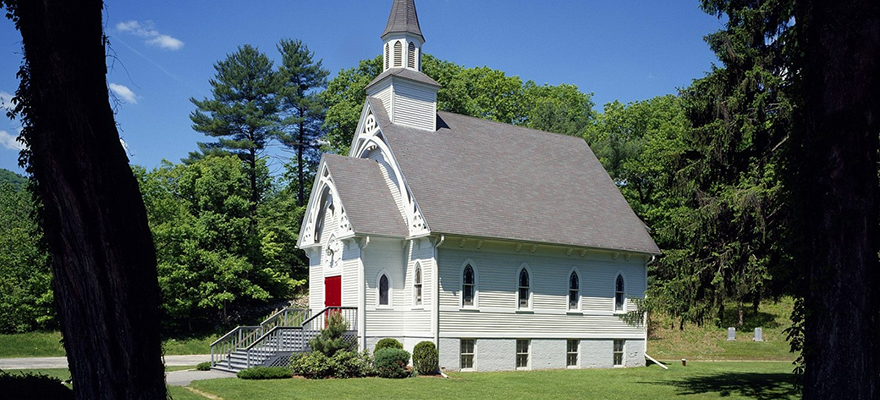The moment one becomes a pastor, something strange happens: people suddenly think you know everything about the Bible!
Twenty-four hours ago, you were like everyone else –learning the Bible a little at a time. But once you become, “Reverend” or “Brother,” the expectations skyrocket.
Let’s be honest, nothing really changes overnight for new pastors. They are still the same people they were previously.
Only two things really change overnight for a new pastor: 1) the responsibility toward the congregation, and 2) the heightened expectations of the congregation.
Both of these changes are good. The Bible teaches that pastors are accountable for their flock. They are responsible to feed the sheep and oversee their spiritual growth (Hebrews 3:17).
Likewise, the congregation is called to hold the pastor in high regard and protect his reputation (I Thessalonians 5:12-13) (I Timothy 5:19). The Bible even outlines standards to which the congregation can expect the pastor to adhere (I Timothy 3:1-7).
But all of those biblical expectations and responsibilities do not mean that a man suddenly has “all the answers” the day he becomes a pastor. In fact, the same man won’t have all the answers at the end of his pastorate either!
That’s why, when pastors are asked difficult questions, they should be quick to admit, “I don’t know.” Here are five reasons why:
1) Honesty is the best policy. It’s not just a cliché –it’s biblical. Acting like you know something (ie. Making it up as you go) is lying. This may be on of the pastor’s greatest temptations to sin.
2) Humility is Christ-Like. Whether your congregation realizes it or not, humility is difficult when everyone treats you as the “Bible Answer Man.” This subtle pride for having all the answers is dangerous. When you don’t know the answer to the question, don’t let your pride get in the way -choose humility.
3) Expectations must be Biblical. Church’s should have a high regard for their pastor –yet they should be careful not to set him on an idolatrous pedestal. When the pastor is willing to admit his limited knowledge, it helps congregations balance their expectations of the role biblically. For a pastor to act as if he is all-knowing is not only blasphemous, but it raises expectations even more and sets him up for a greater fall in the end.
4) Dependency must be on Christ, not the Pastor. When the pastor acts as if he can answer every question and solve every problem, he is misleading his flock. Worse, he is leading them away from dependency upon Christ and more toward dependency upon him. This is the opposite of John the Baptist’s quest to see Christ increase while he decreased.
5) The Congregation needs an Example of Maturity. As a spiritual leader, the pastor should shape the congregations picture of spiritual maturity. If he implies that maturity means “having all the answers” he will lead church members to a frustrating spiritual journey away from Christ and full of false expectations. Instead, the pastor should show the congregation an example of how a Christ-follower admits his limitations, leans on Christ, and boasts in the cross.
Those aren’t lessons that are learned “overnight,” but they can begin to be taught today. So the next time you (Pastor) are asked which eschatological theory is correct (as if you understand them all to begin with), where the Dinosaurs fit into the biblical narrative (as if you have a time-travel machine), or –my personal favorite- where a certain verse is found (as if you are a walking concordance); take great joy in saying, “I don’t know.”









